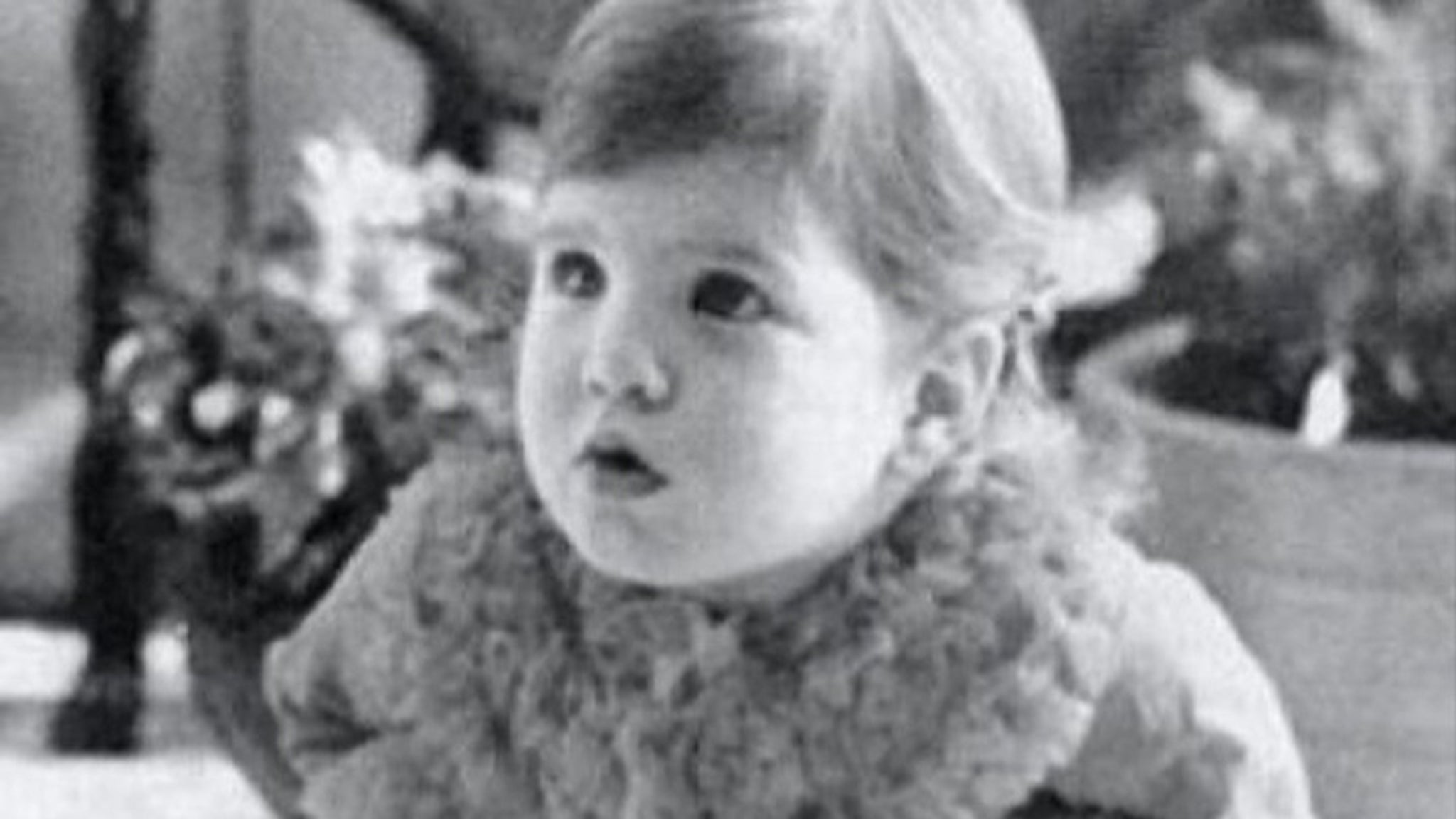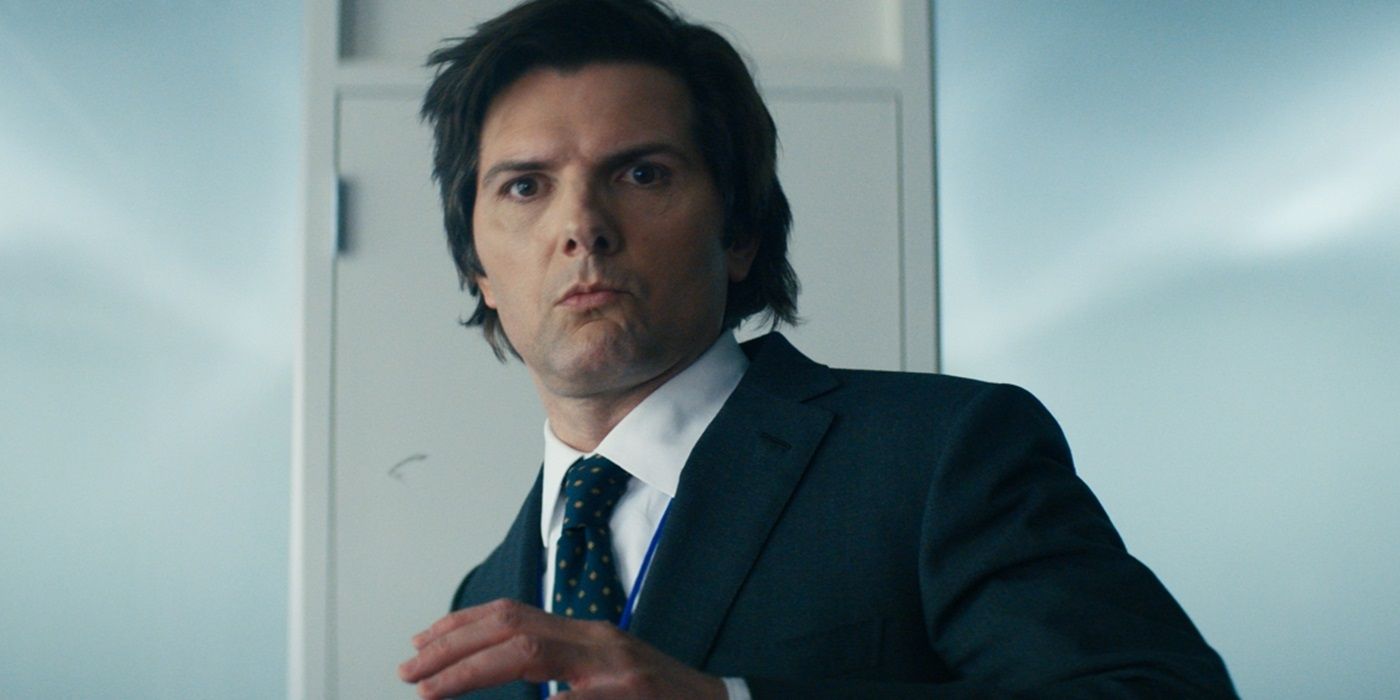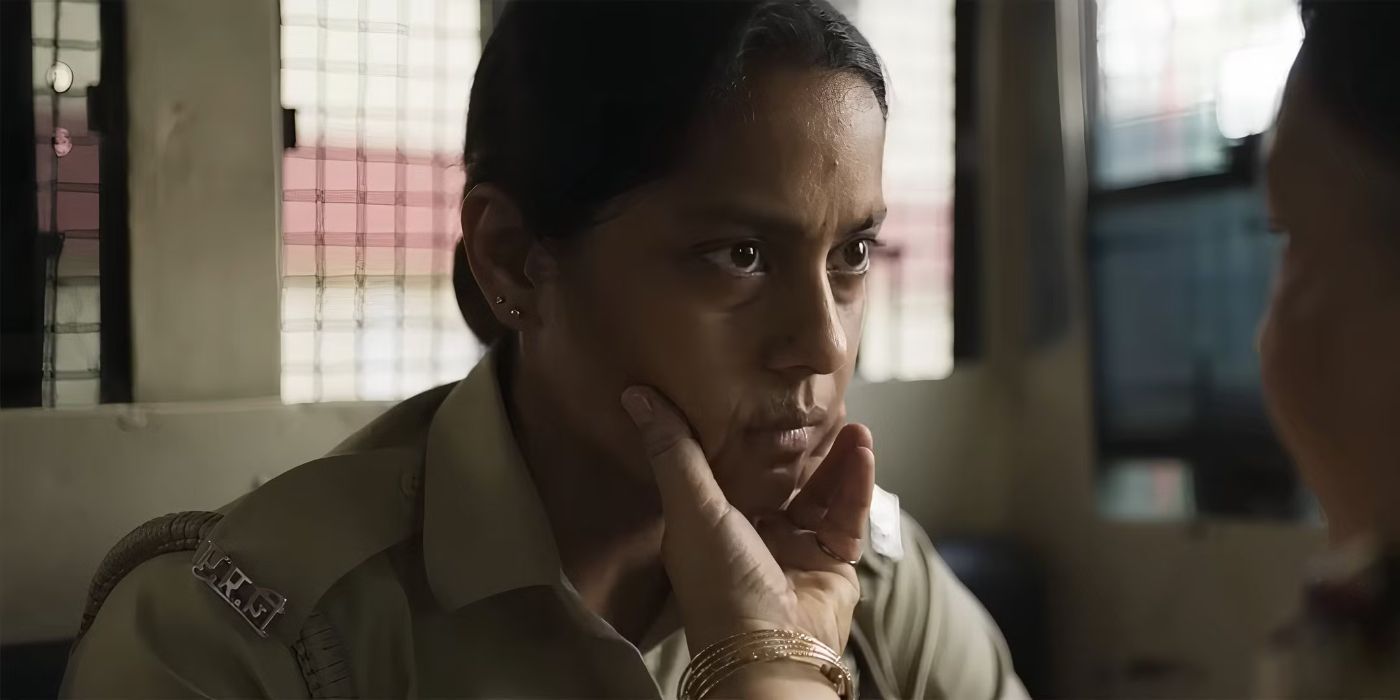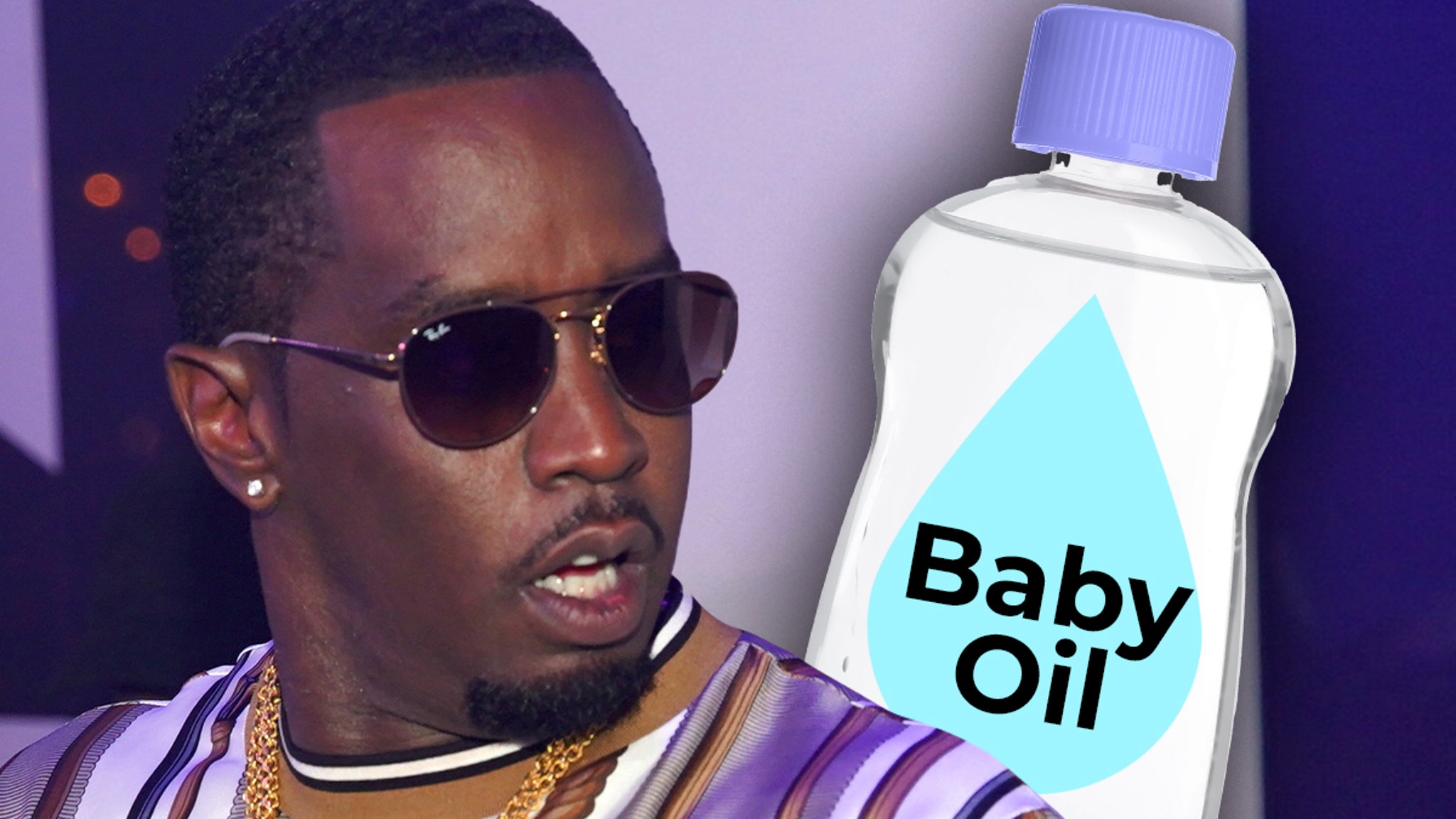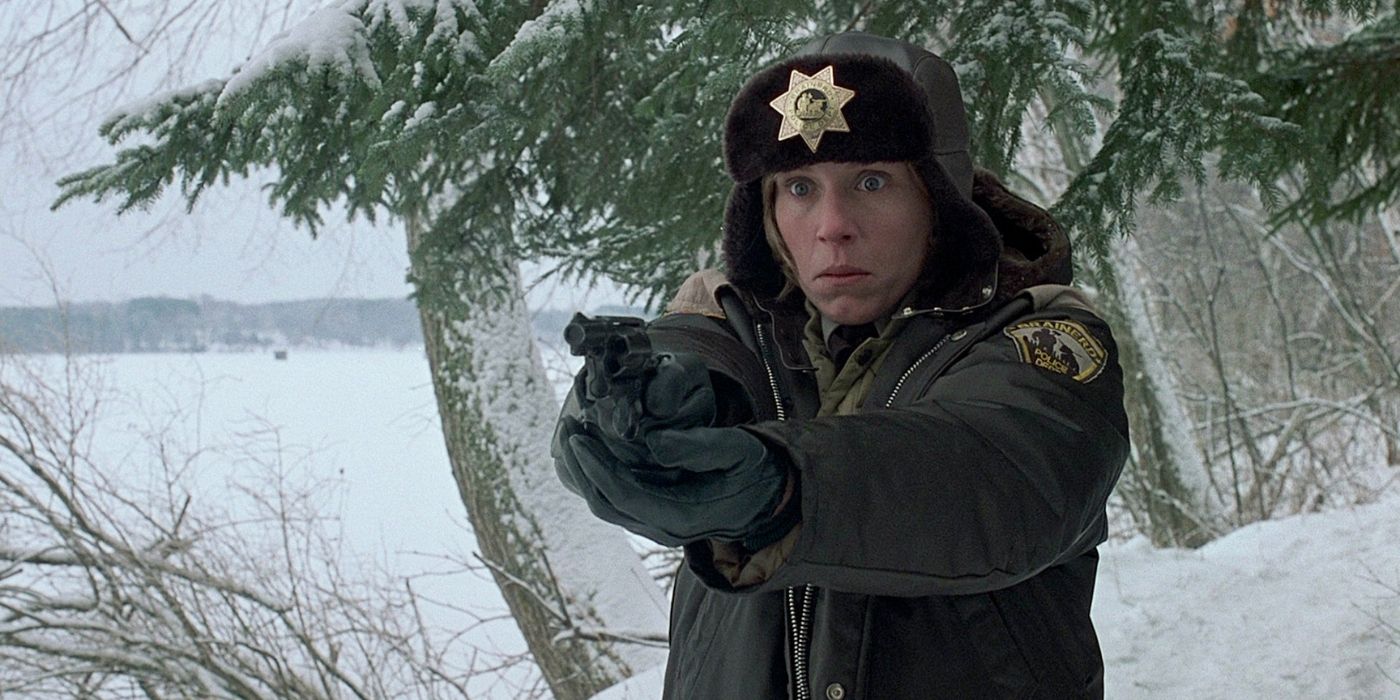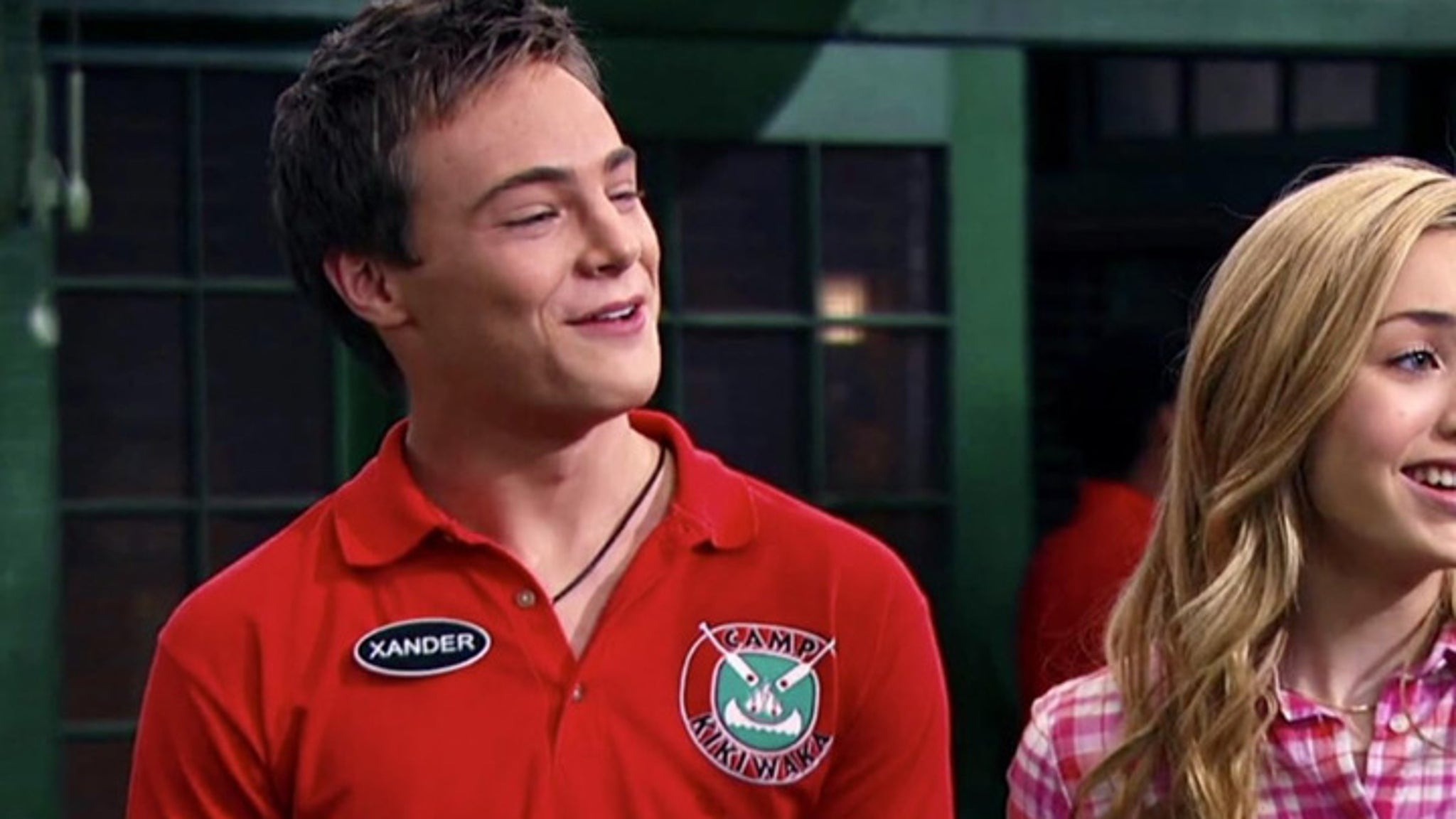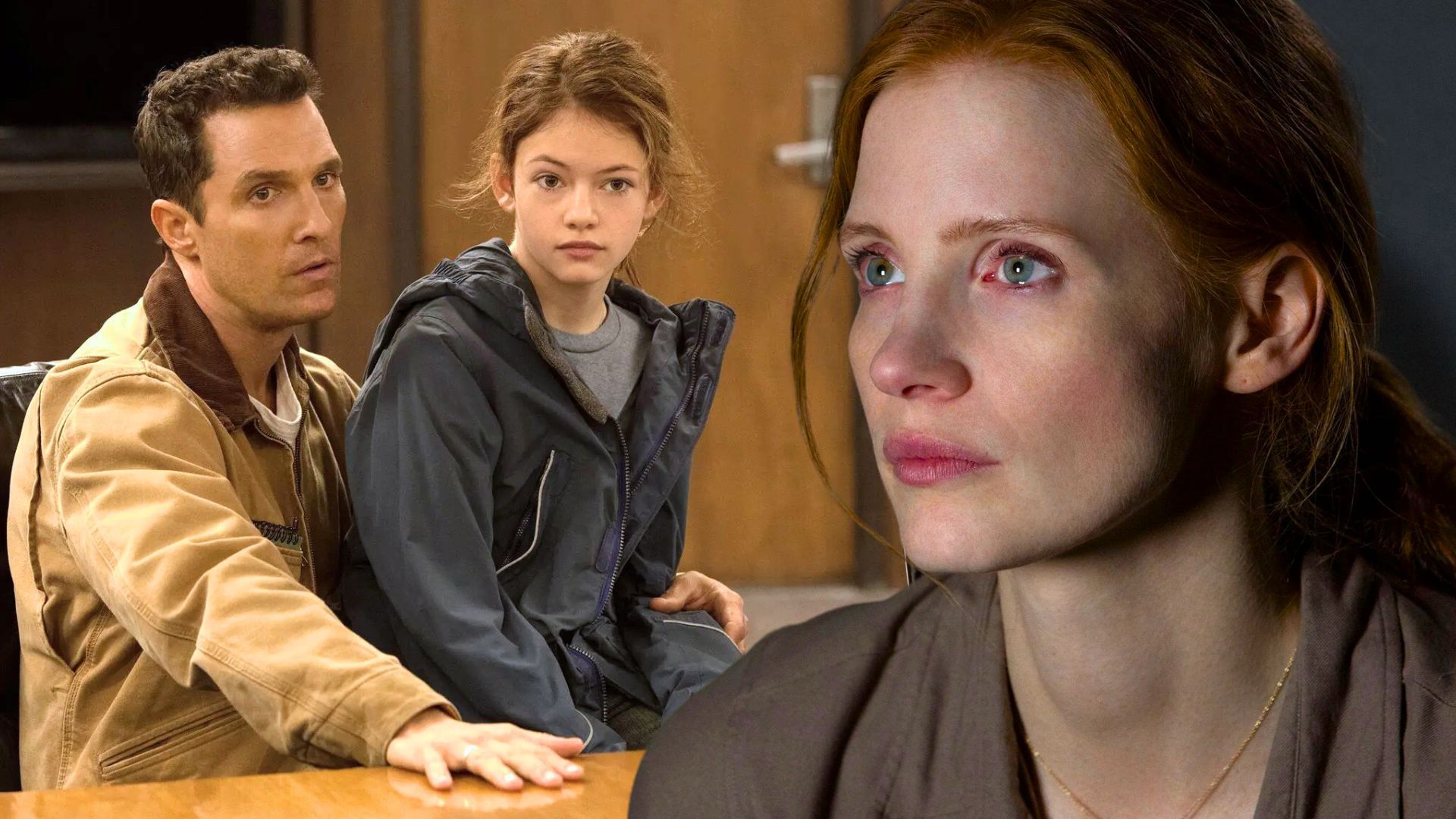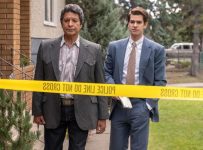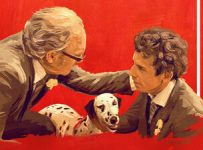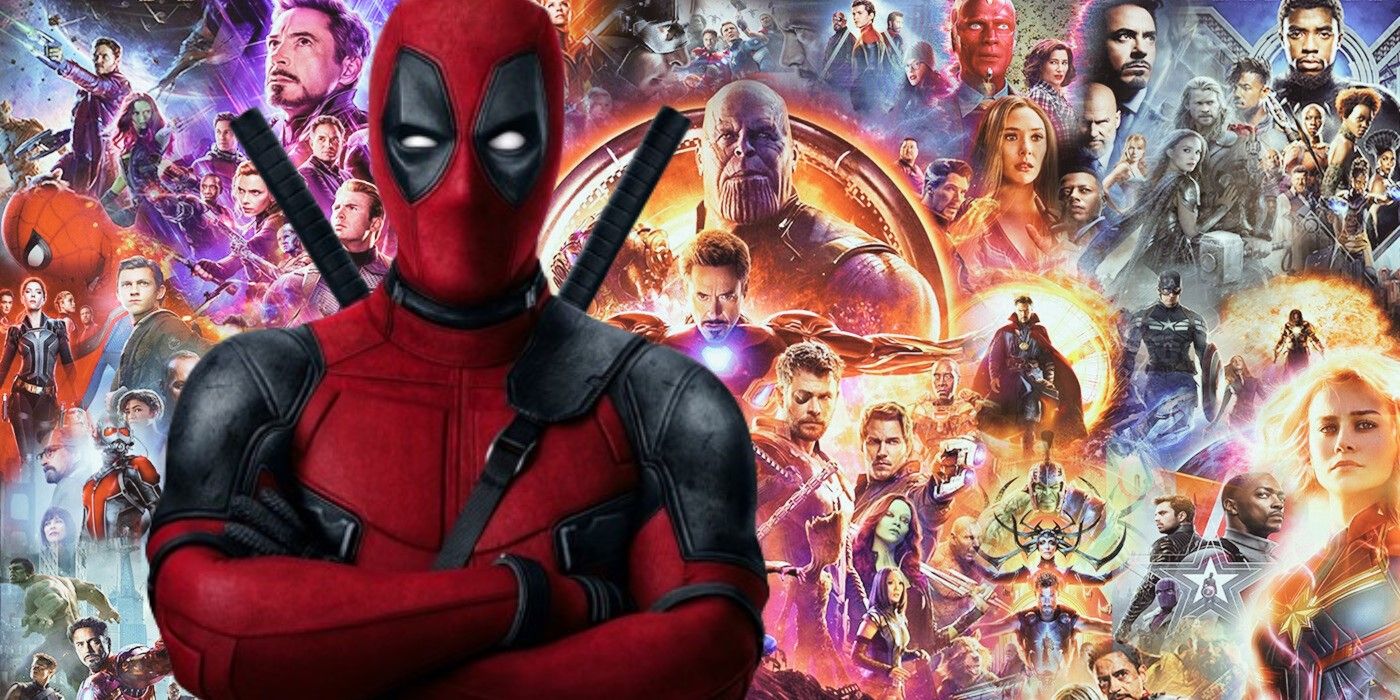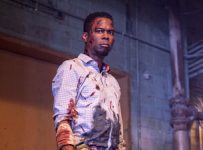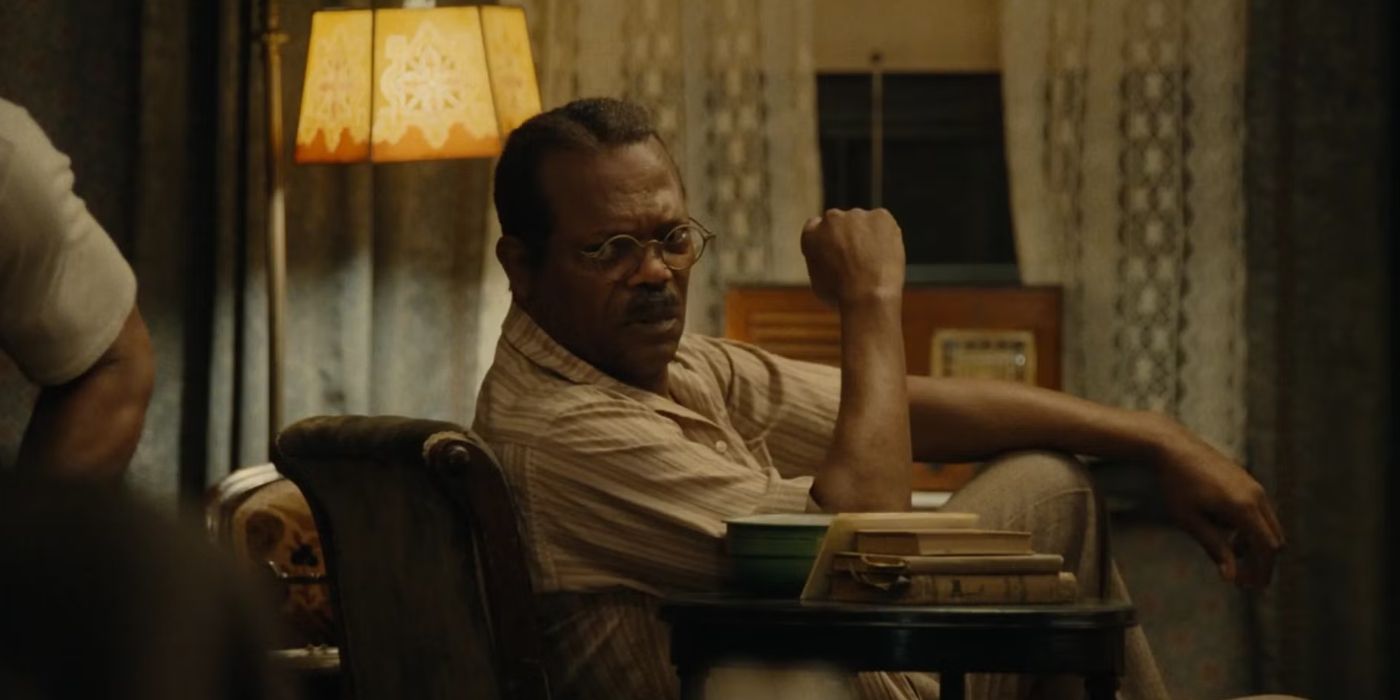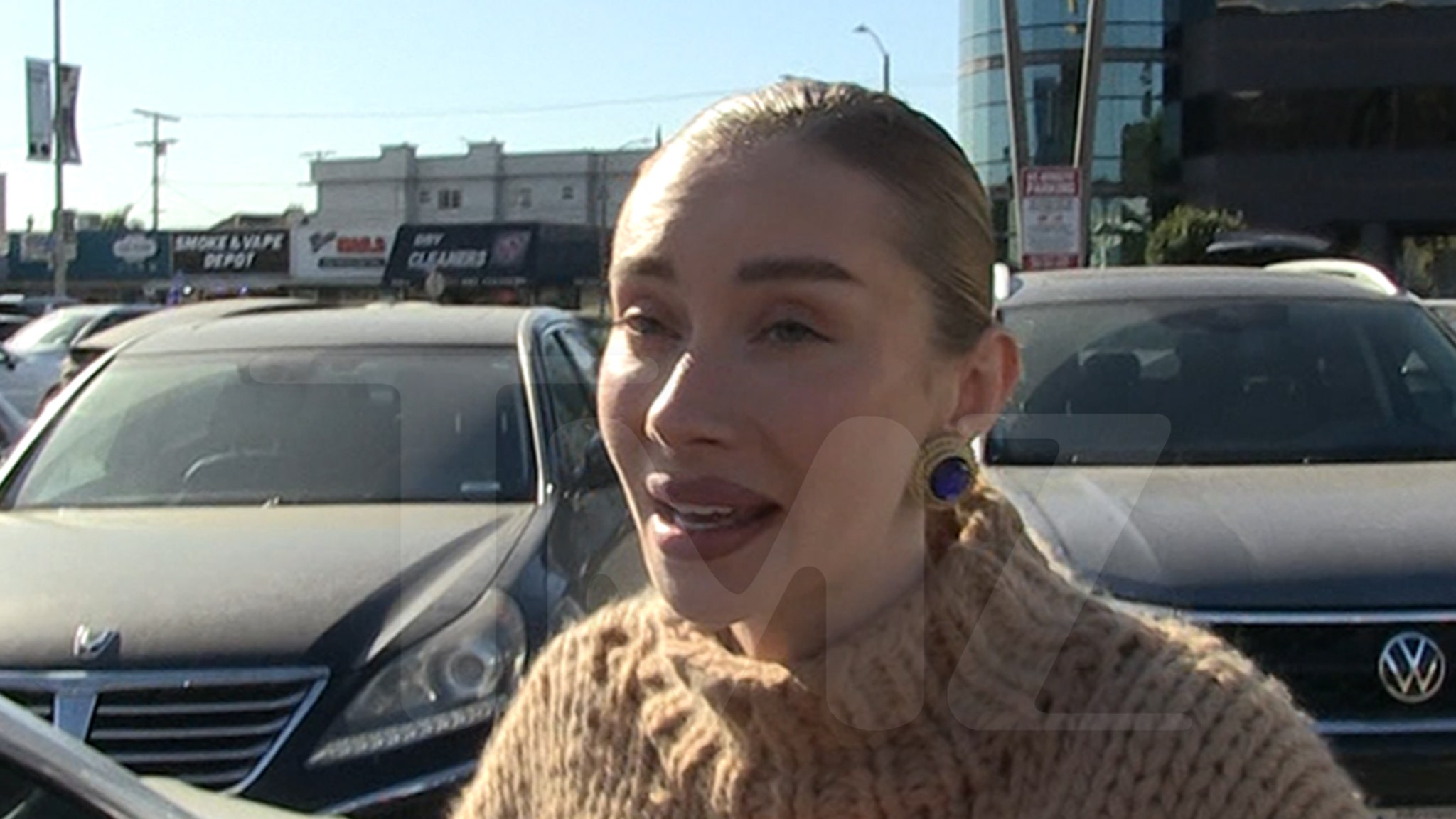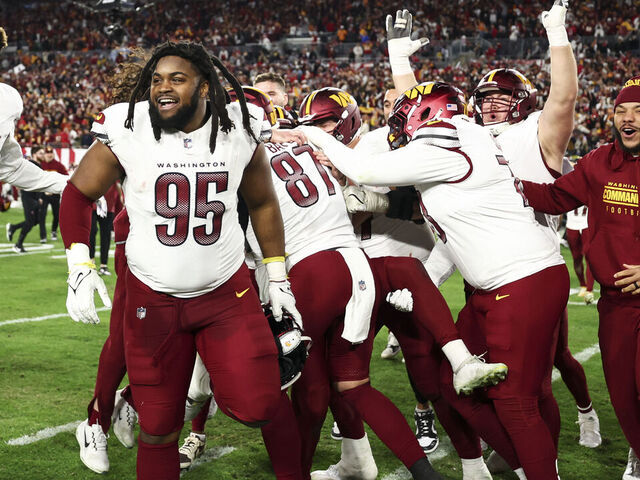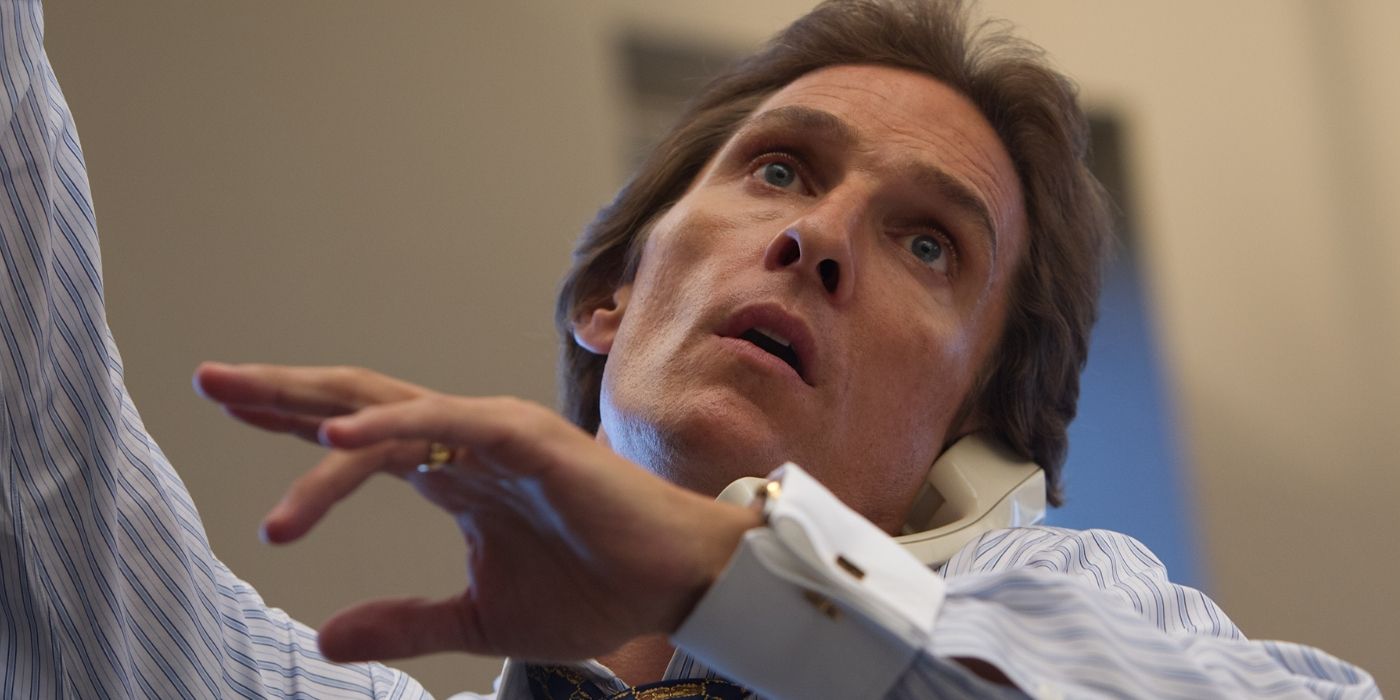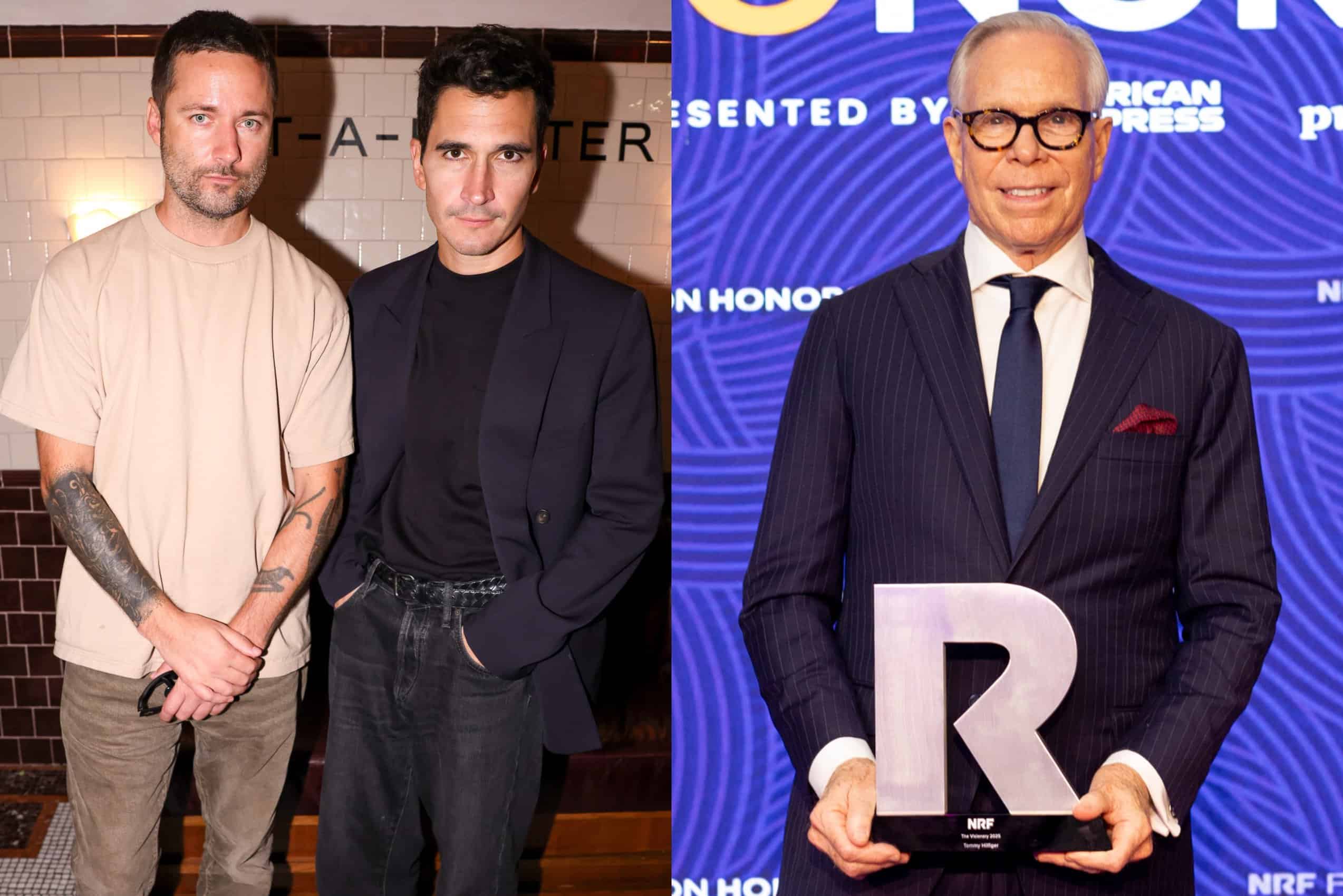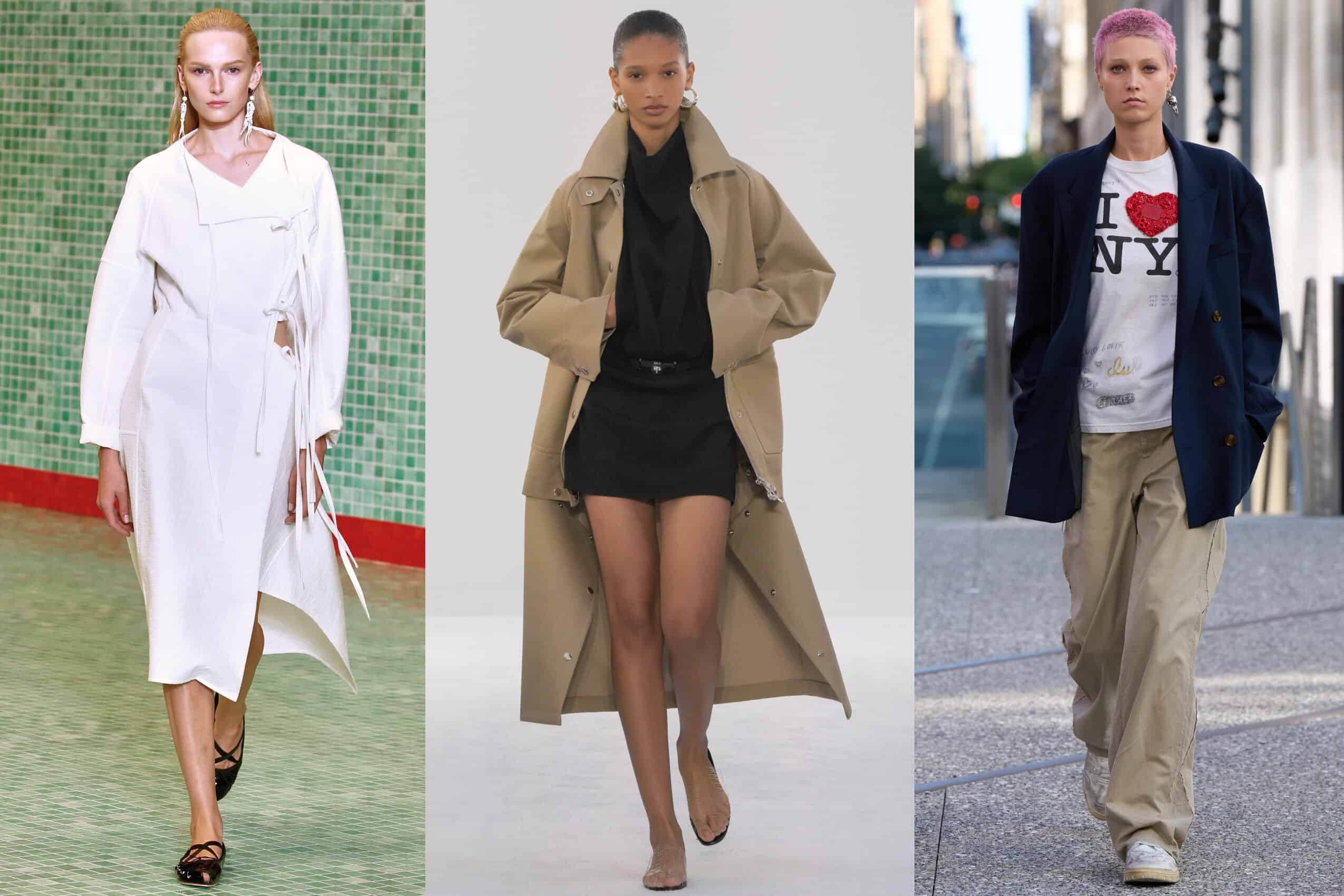Pamela Anderson gives the performance of her career as Shelly in Gia Coppola‘s melancholic drama “The Last Showgirl.” The oldest showgirl in Le Razzle Dazzle, the last revue of its kind on the Las Vegas strip, Shelly is a woman who has given her life to her art and refuses to be judged for her life choices. Written by Kate Gersten, the film follows Shelly and her fellow dancers (Brenda Song and Kiernan Shipka) during the revue’s final week. During this time, Shelly navigates her thorny relationship with her estranged daughter Hannah (Billie Lourd), commiserates with her best friend Annette (Jamie Lee Curtis), faces off with the show’s stage manager Eddie (Dave Bautista), and attempts to make peace with officially becoming part of history. Like Giulietta Masina’s iconic Cabiria, Shelly may go through the ringer, but she’ll come out the other side with a smile on her face and her shine intact. Just like Anderson herself.
A mainstay of gossip in the 1990s, Anderson was thrust back into the pop culture spotlight after the release of Hulu’s Emmy-winning miniseries “Pam & Tommy” starring Lily James as Anderson and Sebastian Stan as her ex-husband Tommy Lee. The following year Anderson redefined her own legacy through the release of the documentary “Pamela, A Love Story” on Netflix and penning an acclaimed memoir, “Love, Pamela.” While prepping for her third feature film, director Coppola watched the documentary and knew she had found her Shelly.
Since the film’s premiere at the Toronto International Film Festival in September, Anderson has been lauded with praise from critics and the industry at large, including nominations from the Gotham Awards, the Golden Globes, and the Screen Actors Guild. In her review of the film, Sheila O’Malley writes, “Anderson is heartbreaking, adorable, truthful. She, like Shelly, looks out into the darkness beyond the spotlights, at an audience she can’t see, an audience primed for decades to under-value her, and she is not afraid,” further insisting this moment for the one-time “Baywatch” star is “not a comeback. It’s a beginning.”
Over the phone the week before Christmas, Anderson spoke to RogerEbert.com about expressing herself through her characters, finding the character through costuming, and embracing her actress era.
I saw “The Last Showgirl” at the world premiere in Toronto. My Great Aunt Zay was a showgirl, so it really hit me in the heart.
I find that a lot of people tell me, “I know a Shelly.” And if you do know a Shelly, it really does touch you.
You brought a lot of humanity and dignity to a profession that is so often dismissed.
Thank you.
In your newsletter, you had this beautiful quote: “Art helps you put to use any hurt that wants to move through you.” I thought that was lovely, and I wondered if there were any aspects of yourself you could express through playing Shelly.
You can go to therapy and talk to your best friend, but doing an art project is a way to express a lot of hurt and feelings that you’re trying to work through. It’s the ultimate healer. And I feel with every project, I’m healing parts of myself. It’s funny. I’ve made three films this year, and each film was really an opportunity for me to express myself in different ways. This is what this business is. This is what this is all about. And I know a lot of it sounds naive and experimental to me, because this is just the beginning of my career and the beginning of understanding what this is all about. It’s taken me this long to get here, so it’s exciting. I do feel like a little girl.
I remember when I was five years old, I would think I just needed to get older so I could recognize myself. And it took me, you know, 50 years, but now I do feel comfortable in my own skin. And instead of playing characters in my personal life, I want to play characters in movies. This is something I’ve always been drawn to, but didn’t realize it was an option when I was little, and as I became a part of pop culture even, and working it was just a wild west attitude. I was figuring it all out on the fly. There was no formula. So it’s exciting to be at this point. Because who would have thought? [laughs] I’m really excited.
I feel like it’s just an exciting moment because having kind of this hardscrabble life as a child, and then getting into this world and reinventing myself and working on the craft and doing all these things, even though other people didn’t know what I was doing. I mean, when I was doing the cover of Playboy. I would go from Playboy to Samuel French, sit on the ground, read Eugene O’Neill plays and Tennessee Williams and Sam Shepard, and wonder, how do I get from here to there? Is this even possible? So it’s just been a big experiment.
I have to thank my sons, the visionaries and masterminds behind these last three or four years when they convinced me they should do the documentary [“Pamela, A Love Story”]. My son Brandon produced the documentary, which was the beginning of that, and then the book [“Love, Pamela”]. And then Gia Coppola saw the documentary and thought I could play her Shelly, which also takes a visionary to read through the nonsense, past the craziness, and see somebody who’s aching to express themselves as an artist.
I know both you and Gia Coppola are big cinephiles. Were there any films that you studied as you were crafting this character and the world of the film?
Well, I knew she was going to shoot quickly, so I was under the impression it was very Cassavetes style, handheld. I love all the Cassavetes films. Gena Rowlands is one of my favorite actors, and I love that camaraderie, they were a couple, obviously, but I just felt that Gia and I could trust each other enough to go places that nobody goes. I keep telling people I work with to take me to the places no one goes. I want to throw myself into something. I don’t know what I’m capable of, but I want to bring all my life experience into this.
But I love film. I’m always watching French films like Godard, and Fellini, who I know is not French, and like any European director. I love “In The Mood For Love” and Hong Kong cinema. Swedish cinema like Ingmar Bergman. I always thought the ultimate actress was a Bergman actress.
So it was exciting for me to play a woman and completely transform into a woman who was so complex and imperfect, wears her heart on her sleeve, and is not a pushover. Who has nostalgia and knows the importance of her craft and art form. I loved making that important but also showing the vulnerability and the strength. Dancing between those two things was something I was playing with throughout this whole film.
It was a very small film. We shot the film in 18 days. It’s a very small-budget film. I didn’t know who would end up seeing this film. So, I went into it to express myself and see what I’m made of. And that’s exciting to see that people are responding to it, amazingly, which is thrilling. So that makes me realize, okay, I’m onto something. I’ve just scratched the surface. I can’t wait to do more.
Roadside Attractions
I wanted to ask about Shelly’s physicality. She often wears these ornate gowns with rhinestones and huge feathers while performing, but in her personal life, she wears these laid-back, comfortable, but still very feminine, lounge outfits. How did you work with the costume designer to craft these two sides to Shelly?
Gia’s mom, Jackie, is the costume designer. She is so talented and wonderful. She would show me these old Juicy sweatsuits from the ‘90s, and I was like, “Oh my gosh. I think I wore that in my life!” We looked at some of these costumes and thought, “This is it. This is so Shelly.” When you do your fitting before a movie, it’s really where the character starts to come alive, and I felt that working with Jackie. She’s talented and beautiful and has had all these life experiences.
Then we worked with Jose Rodrigo in Vegas, helping us learn how to put the costumes on, take them off, and put them on again because there is choreography to quick changes, and we wanted to make sure we did it right. Those costumes can be 50, 60, or even 70 pounds, with the backpacks with all the feathers and the headdresses. The costumes themselves are interesting to put on and off quickly without getting tangled up in each other or tangled up in yourself, and the small hallways and the dancing between other showgirls up and down the stairs; there’s a way to do it all. We wanted to ensure that we had dressers from the Jubilee show us how it’s done because the costumes are a character in themselves.
They really are, and they’re so gorgeous in the desert sun.
Las Vegas during the day, the sunrise and the sunsets are just gorgeous there. And the mountains. I drove from Vancouver to Los Angeles to Las Vegas to shoot the film, and coming from the north side of Las Vegas is interesting. It looks like it’s another planet.
You have these very distinct women in this film of varying ages and emotional states. What was it like working with such a diverse and interesting group of women?
Well, there was an undeniable sisterhood. And you know, on and off camera, we just fell in love and realized we’re jumping head first. We’re representing women in this industry, and we all took it very seriously. There were even name tags still in our costumes. So we felt like there was so much magic in the costumes and so many people who had worn them before us. We wanted to make everybody proud. I always have a strong maternal instinct, so I took the girls under my wing, and then Jamie Lee Curtis took me under her wing.
Jamie is such a force and a champion for women that even though she was only on the set for four days, she set the tone for creating this kind of cocoon environment for us. She had all the crew wear name tags and introduced herself to every single person, and we all followed suit. That’ll be something I take into every other movie. I learned so much from her, and we all made each other better. That was really, really wonderful. I used to have the girls come over to my house where I was staying and teach them how to cook this great roasted vegetable soup that I do. Everyone had their little chopping blocks, and they had to cut vegetables. So we were bonding. That was a bonding exercise, really cooking together.
Cooking is definitely a big part of the film, too, like that scene where you’re sharing the fish from the canceled date.
I know it’s really funny because the prop designer knew that I’m vegan, and he actually made the salmon from tofu.
Oh, wow. I was gonna ask because I know they do melon for salmon sometimes.
He made it look just like salmon. I’ve never seen that before. He didn’t even ask me. It was just something he did from the goodness of his heart. I haven’t told anybody that yet.
Roadside Attractions
You’ve mentioned “Wanda” many times as a favorite film of yours; Barbara Loden is an actress, filmmaker, creator, who was, I think, unfairly dismissed through most of her life. And now people know she’s a genius, and with “Wanda,” she got to express herself so beautifully as a writer and director. Having read much of your writing, you’re also very visual. Have you ever thought about moving on to the other side of the camera and directing?
It’s funny: back in the day, people would always ask me to write lyrics for their songs, direct their music videos, or just throw their birthday parties. I was known for that creative side of things, so I don’t know. That seems like a natural extension of what I want to do because I am such a visual person. I would love to, but this is my acting chapter. I want to see what I’m made of. I want to transform into characters, play very challenging things, learn more about this side, and then see what happens. But yeah, I would love to do that one day and then get a great DP and a good story. I’ve also written many short stories that haven’t been published, so maybe there’s something there.
I’m always going to be in my garden. I’m always going to look after my parents. There’s a strong sense of family for me and a duty that I feel towards them and my family, and then I will be able to dip in and out of this world. It’s really important to have a balance. I’m very busy right now promoting “The Last Showgirl.” I had no idea this was what it took. I had no idea if this was what people did. I mean, it’s this whole mysterious side of the business that I’m learning. I even met with some of the exhibitors in Kansas City and Dallas. I just wanted to know how people decide what films go on which screens. I mean, there are just so many elements to this business that we don’t see that I’m fascinated with.
What do you hope viewers will get from their experience with “The Last Showgirl”?
I just hope they love it and come back to it as something that has so many nuances and layers to it, as well as to celebrate women, imperfect humans. To know there is no perfect way to raise a child. To follow your dreams and know it’s never too late. I know that Shelly will reinvent herself. I’ve had family members who are bedazzled head to toe. You know, they just keep on getting sparklier. It’s a joie de vivre. Happiness is a choice. This film has many great takeaways, and it is an emotional journey. I mean, I see a lot of people; there’s a lot of tears, but there’s a lot of giggles, too. So it’s a balance. It’s a really beautiful film and a beautiful story that Kate Gersten wrote so well. I hope it shows that these kinds of stories are enough to entertain and draw people to the theater.
Also, I hope people will go back to the theater. This film was shot on film, and I think it’s experienced best on a big screen. So I’m excited that we are working with Roadside Attractions, and they are doing this distribution because many films go into streaming, and they never see a big screen. But in this case, we filmed with anamorphic lenses, so it’s got the blur on the edges and focuses on the actors. This is something that I think you can only experience in the movie theater. So I’m just excited to make going to the movie theater romantic again.
It was the most beautiful film I saw in Toronto. I was awash in it, and afterward, I had to rush to another movie. I was like, “No, I love this. I want to stay in this.”
It lingers. If a film lingers in your mind and you think about it later on, that’s a sign of a good film. Because you can see a film and then don’t think about it again. But this is one of those films that stays with you.
You can view the original article HERE.
